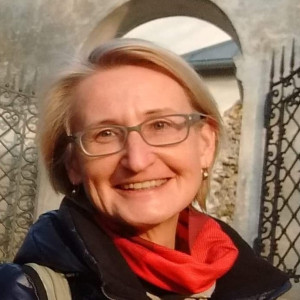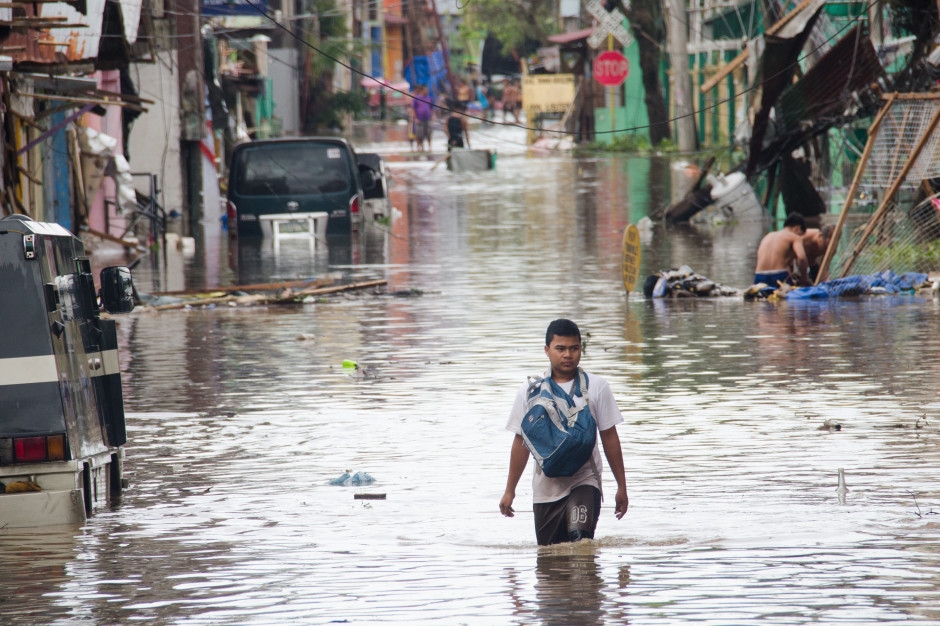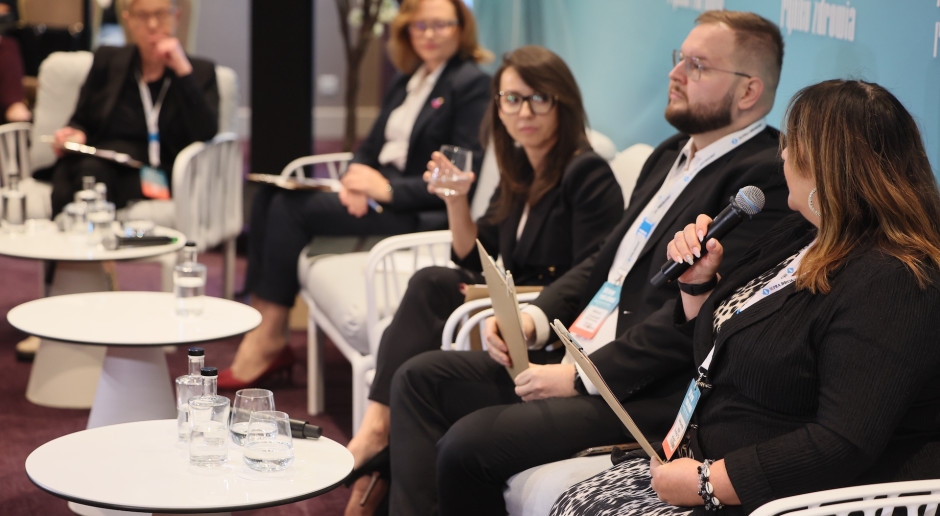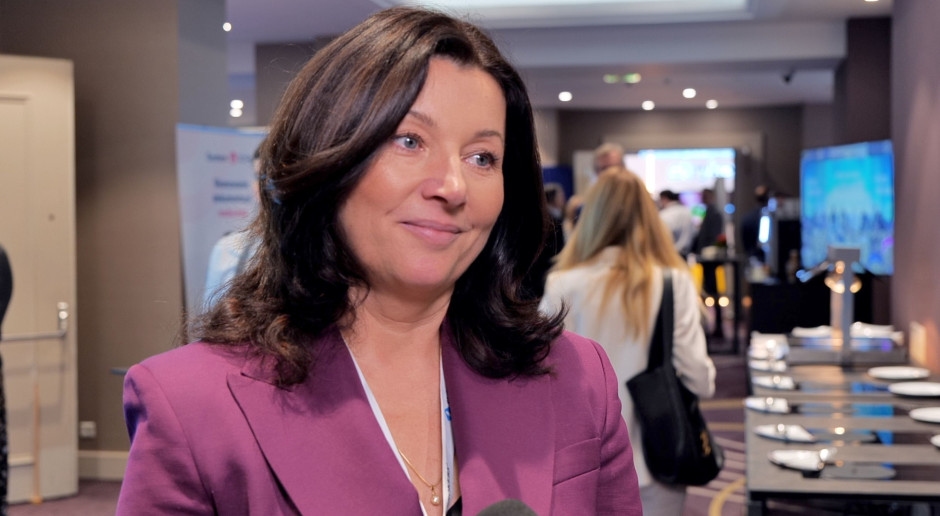The Success of Made in China and the Failure of European Policy. "There's Not Much We Can Do"

 Author: Luiza Jakubiak • Source: Rynek Zdrowia • Added: October 24, 2025 16:51
Author: Luiza Jakubiak • Source: Rynek Zdrowia • Added: October 24, 2025 16:51
For 30 years, China has consistently pursued a strategy to develop its pharmaceutical sector. This has allowed it to gain control over the global pharmaceutical market. "We're no longer talking about whether China has a firm grip on us or whether we'll achieve pharmaceutical independence. We're thinking about how much of that independence we'll have left," assesses Łukasz Pietrzak.
- China has dominated the global economy for the past 30 years. Now we're wondering what we can do.
- "There's not much we can do. At this point, we're no longer talking about whether China has a firm grip on us or whether we'll achieve drug independence. We're thinking about how much of that independence we'll have left," says Łukasz Pietrzak, Chief Pharmaceutical Inspector.
- While China was building its economic power, at the same time in Europe there was price pressure and increasing environmental requirements
- Even now, Europe is still considering how to further tighten its standards, especially environmental ones, even though as a continent we are the smallest emitter of carbon dioxide
- We discussed the problem of addiction to active substances and drugs from China during the panel "Do the Chinese hold us tight? How to talk about drug safety" during the 21st Health Market Forum
China began its economic conquest of the world in 1992, during the 14th National Congress. At that time, it adopted a strategy of consolidating large companies and privatizing smaller ones.
"In 1999, 10 key sectors were identified for development, including energy and pharmaceuticals. Tax breaks were introduced, state funding for the development of the technology sector and infrastructure construction emerged, and quality standards were lowered to enable the production of massive quantities of active pharmaceutical ingredients (APIs). By 2015, China dominated the API market, and today 80 percent of the active pharmaceutical ingredients in generic drugs come from this country . At the same time, China leveraged its purchasing power, reducing the price of nearly 300 generic drugs by 53 percent," Łukasz Pietrzak, Chief Pharmaceutical Inspector, described the path to Made in China's success during the 21st Health Market Forum.
After achieving dominance in generics in 2015, China began its second phase – a transition to innovation. Investments were made in science, education, and international partnerships. Simultaneously, simplifications were implemented – clinical trial approval was reduced from one or two years to 60 business days.
China is poisoning the planet, Europe is reducing emissions"As a result, while in 2013 China's share of the global innovative drugs market was 3 percent, in 2023 it will be 28 percent . Since 2020, China has been registering an average of 60 new drugs per year. 35 percent of antibiotic APIs in the United States come from China. At this point, we're no longer talking about whether China has a firm grip on us or whether we'll achieve drug independence. We're thinking about how much of that independence we'll have left," he added.
This was a plan consistently implemented for over 30 years. At the same time, Europe was facing price pressures and increasing environmental requirements.
"Now we're wondering what we can do. There's not much we can do. We won't lower the quality standards for APIs. China exploited the 1990s, also in the field of renewable sources, producing—and often poisoning—the entire planet solely to build the capacity that exploded after 2000. Meanwhile, we're wondering how to further tighten standards, especially environmental ones, forgetting that we live on one planet. Europe—as far as the continent is concerned—is the smallest emitter of carbon dioxide . Yet we still want to tighten the screws, thinking that a drop from a pharmaceutical company's sewage system must be spring water," he pointed out the absurdities of European politics.
"Now we also have to answer whether this security will be health-related or just military. I was devastated after the NATO conference when it became clear that the military doesn't think about civilians. Moreover, the military doesn't think about how the market works. The military says it wants something bought for it from the market. Therefore, it requires a combination of coordination between the military, science, development, economy, and health from a pharmaceutical perspective, but also the introduction of broader thinking," emphasized Minister Pietrzak.
He pointed out that sometimes military and civilian issues cannot be separated.
" The Americans knew there would be a renewed attack on Ukraine, not after a troop concentration, because those could have been maneuvers. After a concentration of medicine and blood. This shows how it looks from the perspective of combining civilian and military coordination. It was a signal to the Americans that if someone is concentrating blood and medicines, it's not an exercise. It also shows that even without the back-up of medicines or even blood supplies, military security is at risk."
Copyrighted material - reprint rules are specified in the regulations .
rynekzdrowia











